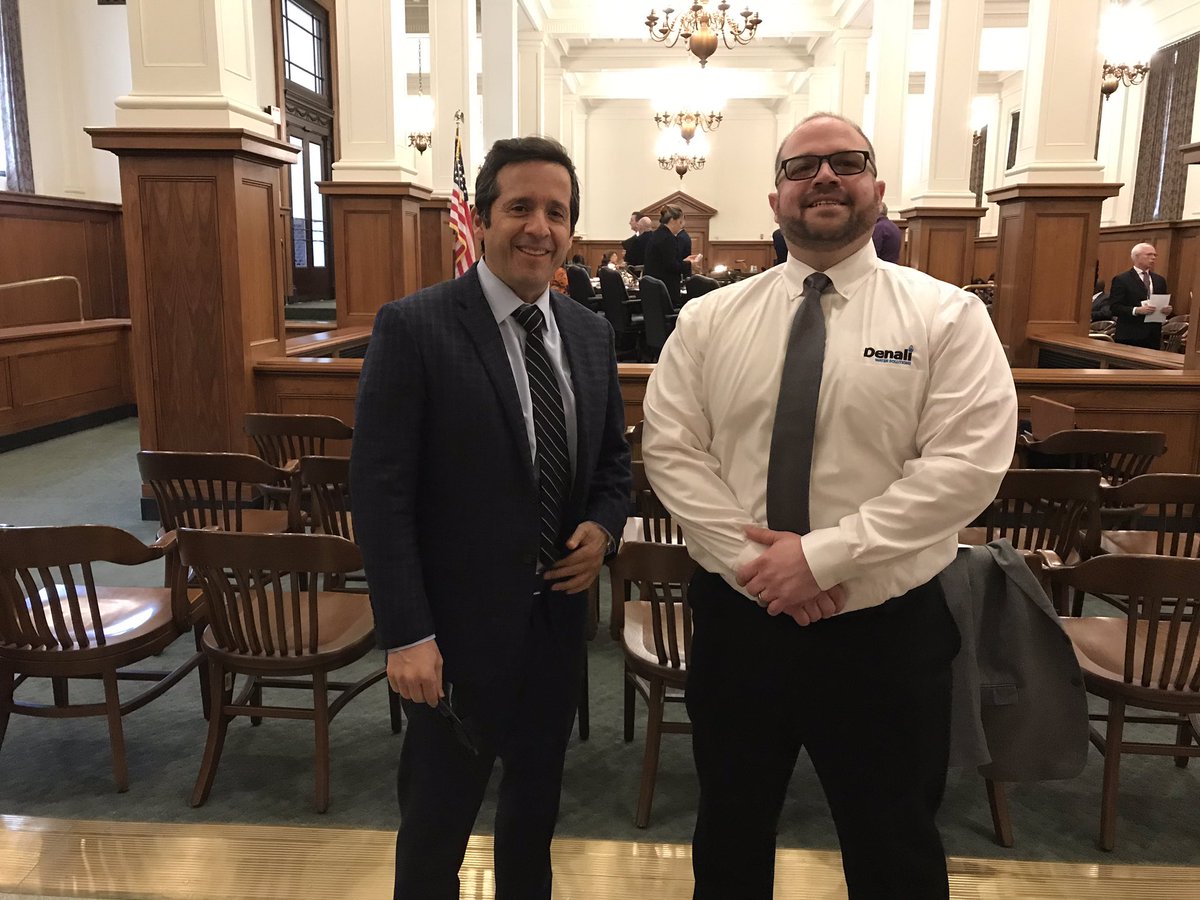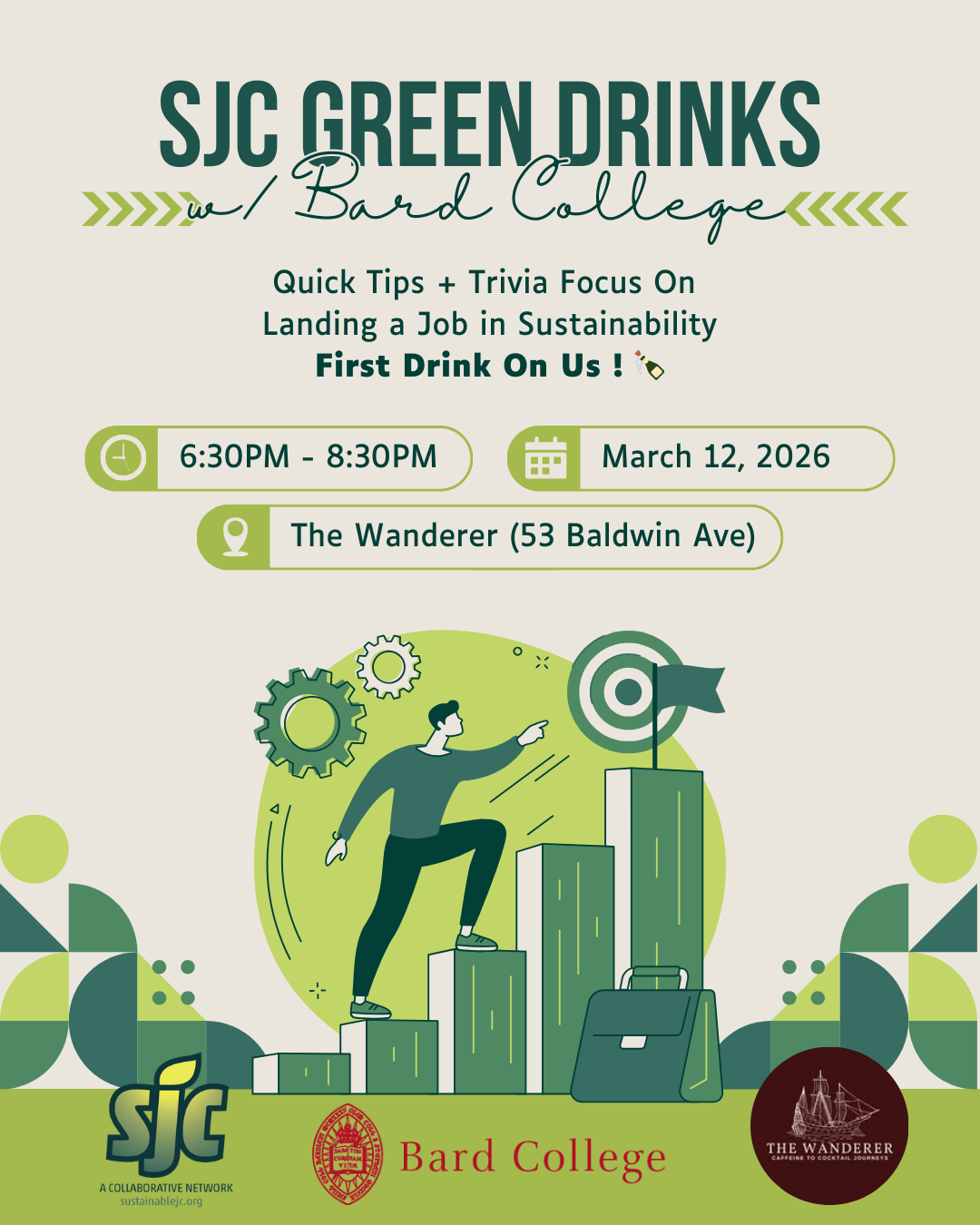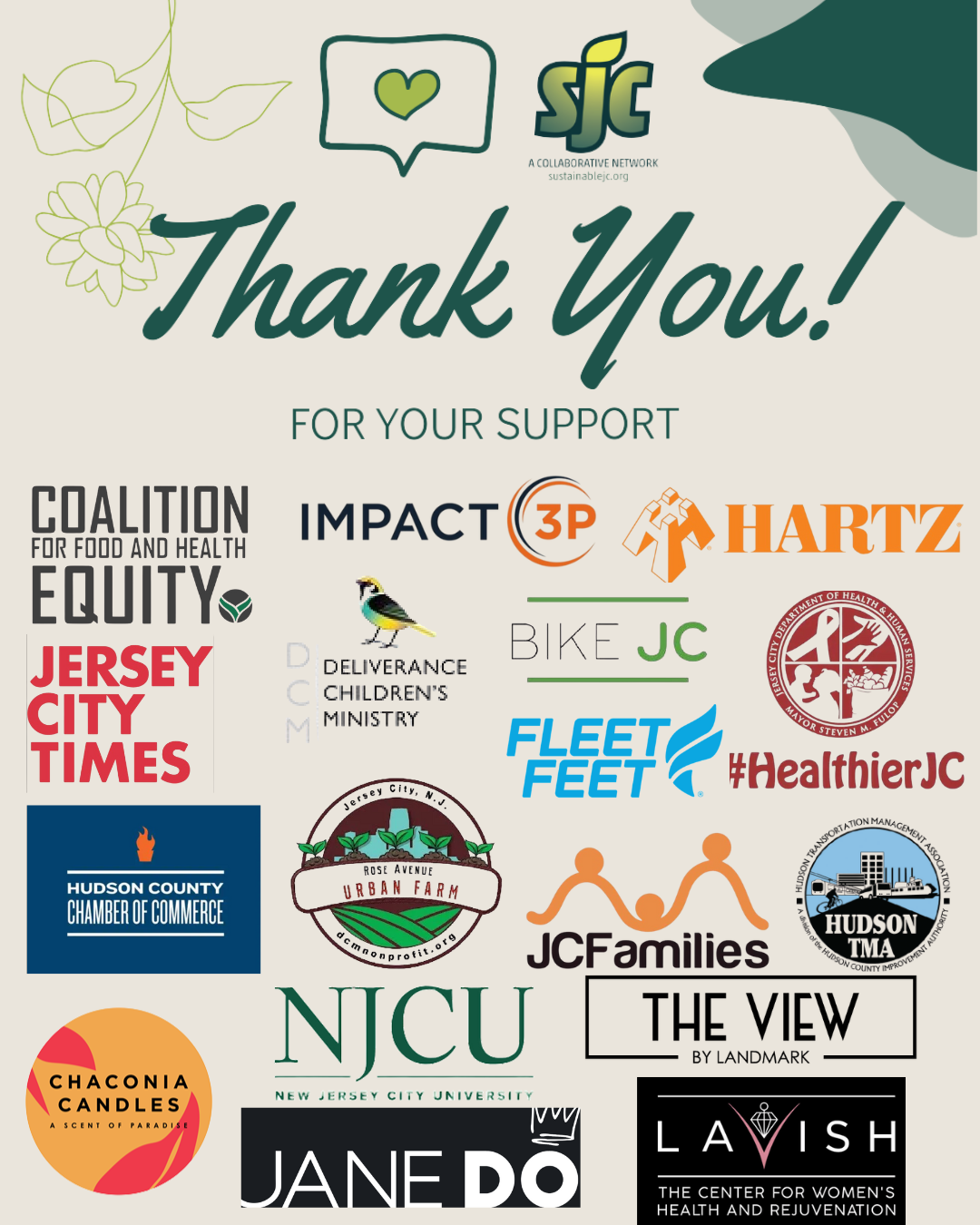The Coolest Summer of Our Lives?
/In the August of 2022, the Scientific American printed a piece by Andrea Thompson, titled:
This Hot Summer Is One of the Coolest of the Rest of Our Lives
If the doomsayers are correct, this may be a perpetually renewable statement, good each year into the foreseeable future. Of course, this prediction rests on the assumption with which many conventional economists hedge all their forecasts—ceteris paribus aka ‘All other things being equal’.
But we can know, if we choose, that this does not work in a world where evolution is a principle of life, and where our futures are always affected by our communal choices and actions. We can choose to be fatalistic, fold our hands, and wait passively for our worst nightmares to unfold. Or we can, collectively, make different choices.
I say, ceteris paribus, based on science and common sense, that humanity is headed for disaster. But the good news is that it’s far from a done deal.
Irrespective of our beliefs on climate change impacts, global mean temperatures are rising, and many weather phenomena are oscillating to new extremes of lows and highs but tending inexorably toward increased warming.
We’ve long known that there is a phenomenon we call Urban Heat Islands. The argument here has long been that urban areas have more heat absorbing surfaces (buildings and roads made of materials like pavement, asphalt, concrete and other bituminous mixtures), less heat reflective skyward surfaces, and less cooling by evapotranspiration (from trees and vegetation). While the countryside is—on average—2 to 4 degrees cooler than cities. And studies have shown that highly developed areas can be 15°F to 20°F hotter in the afternoon than neighboring vegetated areas.
Global mean temperature rise, and the Urban Heat Island phenomena (ambient temperatures) are two distinct streams of planetary processes. Synergistically, both these phenomena increase the levels of heat stress to which residents of Jersey City are subjected. Risks to our health and wellness, and a variety of quality of life factors lower the overall effectiveness of our collective human performance. Severe environmental and economic impacts, e.g., increased energy consumption driving higher greenhouse gas emissions, are baked into the extreme heat equation.
There is no reason to assume that this trend will stabilize—let alone reverse—any time soon. So, the instrumental and pragmatic question is, "What can we (individually and as a community) do to deflect the consequences of the most likely rising trend in ambient temperatures ?”
Many of these mitigations are reasonably well understood. Plant more native shade trees, orient our building developments orientation to reduce the heat load on buildings [e.g., more awnings, fenestration, painting upward facing roof surfaces white], and so on.
But is there more we need to know to be truly sapient?
I believe most of the problems we, as a community, actually care about are better addressed at the system level and am known to be more a proponent for the now resonant call for “System Change, Not Climate Change…!” I take the position that addressing our climate crisis requires more than just technological or individual behavioral changes and believe the root causes to be dealt with are economic and social propensities driven by profit and unsustainable consumption patterns. Therefore, my position is that we must be willing to undertake systemic change if we are to avoid disaster.
And as regards this growing debacle of these two intertwined heat trends, there are things we ought to know so we can make informed and collective choices.
In that light, the World Resources Institute recently put out two web pages that are worth reading:
These pages are a very compact summarization of a huge body of research, over the past half-century, and a useful go-to tool for inquiring minds. Ultimately, providing policymakers and urban planners with the data, tools and insights to cool down cities is an effective way forward to impact systems change to combat climate change.
Ashwani Vasishth is a board member with Sustainable JC and a retired Professor of Sustainability at Ramapo College of New Jersey.







